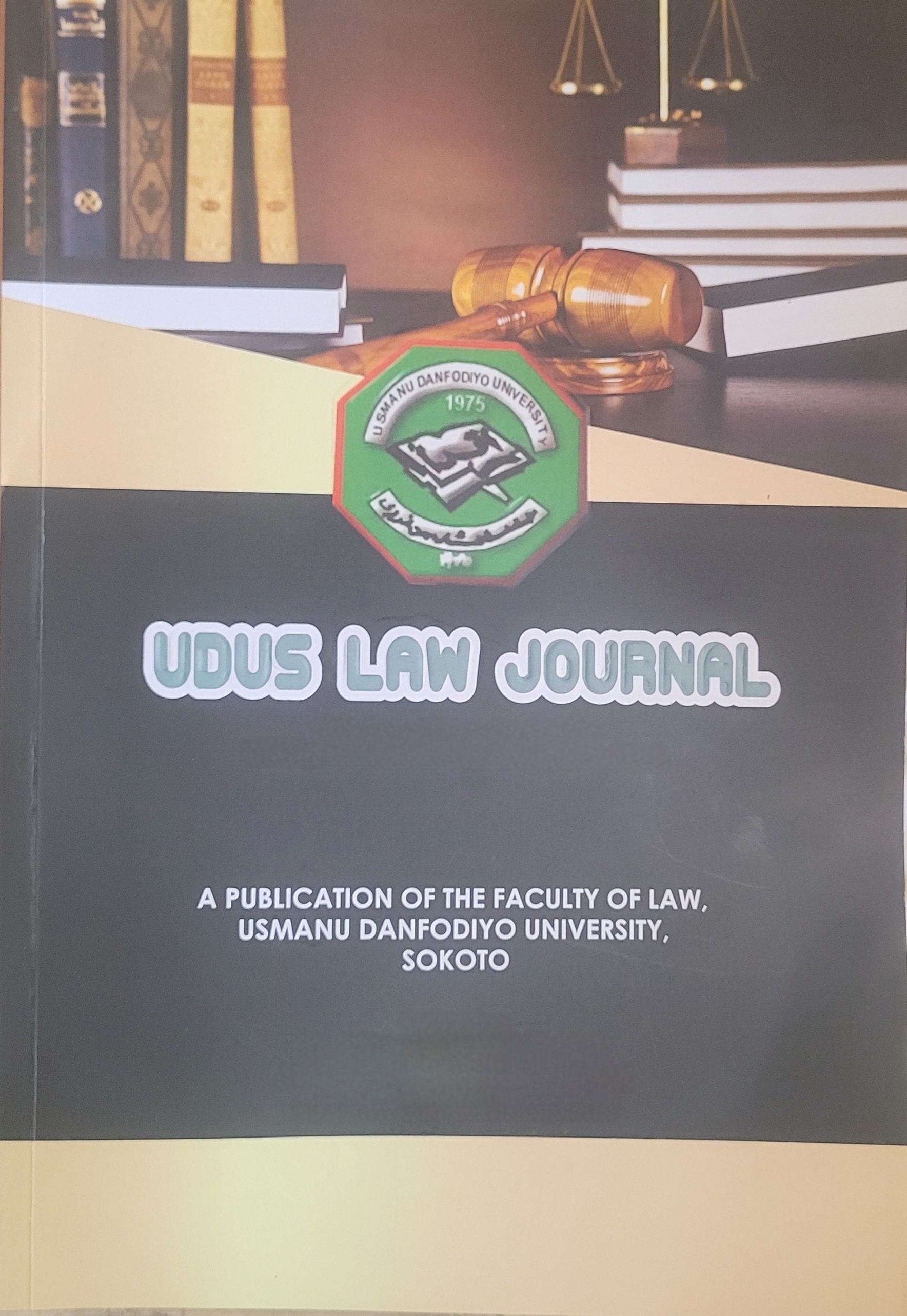Abstract
The recent military coup-d-etat in Republic of Mali raises the question of whether democratic rule is a norm for legitimation of governments in international law. It also raises the question of whether Mali’s current authoritarian regime violates international law. In answer, we analysed necessity of government in statehood theory and conclude that while possession of government is an index of sovereignty, there is no normative prescription of the character of governments in international law. From this perspective, we examined the argument for democratic legitimation of governments, and concluded that despite attempts to introduce this moral dimension into the process of state recognition, general international law did not stipulate a democratic form of government as a norm in international law. Predicated upon the foregoing, we find that the commitment of Mali to promotion of democratic processes, principles and institutions, in several multilateral treaties, are objectives-at-large. They do not create any enforceable obligations on Mali to sustain regimes of democratic character. We conclude that despite moral censure for the unconstitutional regime change, from the standpoint of international law, the current military government is entitled to the entire plenitude of recognition and honour accruing to it as the de facto government of Mali.



 National Library of Nigeria
National Library of Nigeria.jpg) Association of Nigerian Authors
Association of Nigerian Authors Nigerian Library Association
Nigerian Library Association EagleScan
EagleScan Crossref
Crossref